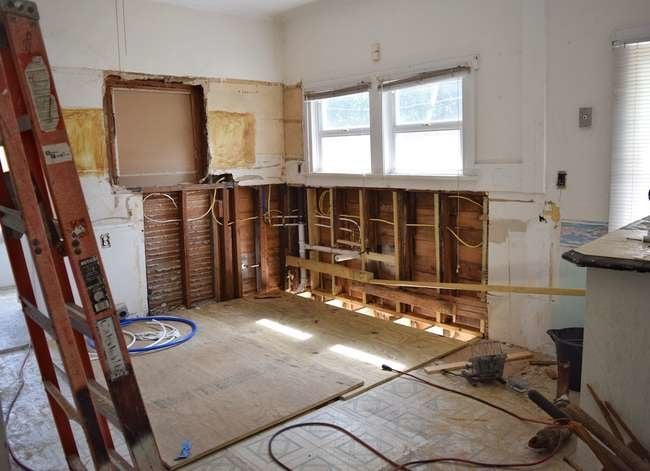

We may earn revenue from the products available on this page and participate in affiliate programs. Learn More ›
Home Advice You Can Trust
Tips, tricks & ideas for a better home and yard, delivered to your inbox daily.
Even a sure thing can disappear.

You see the list price, meet it, and get the house… right? Wrong—the current owners often have their pick of buyers, and in a competitive market the price can be bid up, or the house could go to a different buyer who’s offering cash instead of a mortgage-backed bid. So, before you get your heart set on a dream house that’s “the one,” be prepared to suffer through a few rejected bids, a little more negotiation, and a couple of road bumps before you finally secure a house you love.
Don't rush into a decision!

A home is the biggest purchase most people make in their lifetime, so it doesn’t make sense to feel anything less than 100 percent confident in your decision! Before you even attend that first open house, do your homework—research the best neighborhoods, nearby schools, local tax rates, and more—and be certain that you and your partner, if you have one, are in agreement on your priorities. Ask yourselves, for example, if you would settle for a worse neighborhood if you could get a better house. You need to take your time to make a wise investment.
Sorry, your house can’t do that.
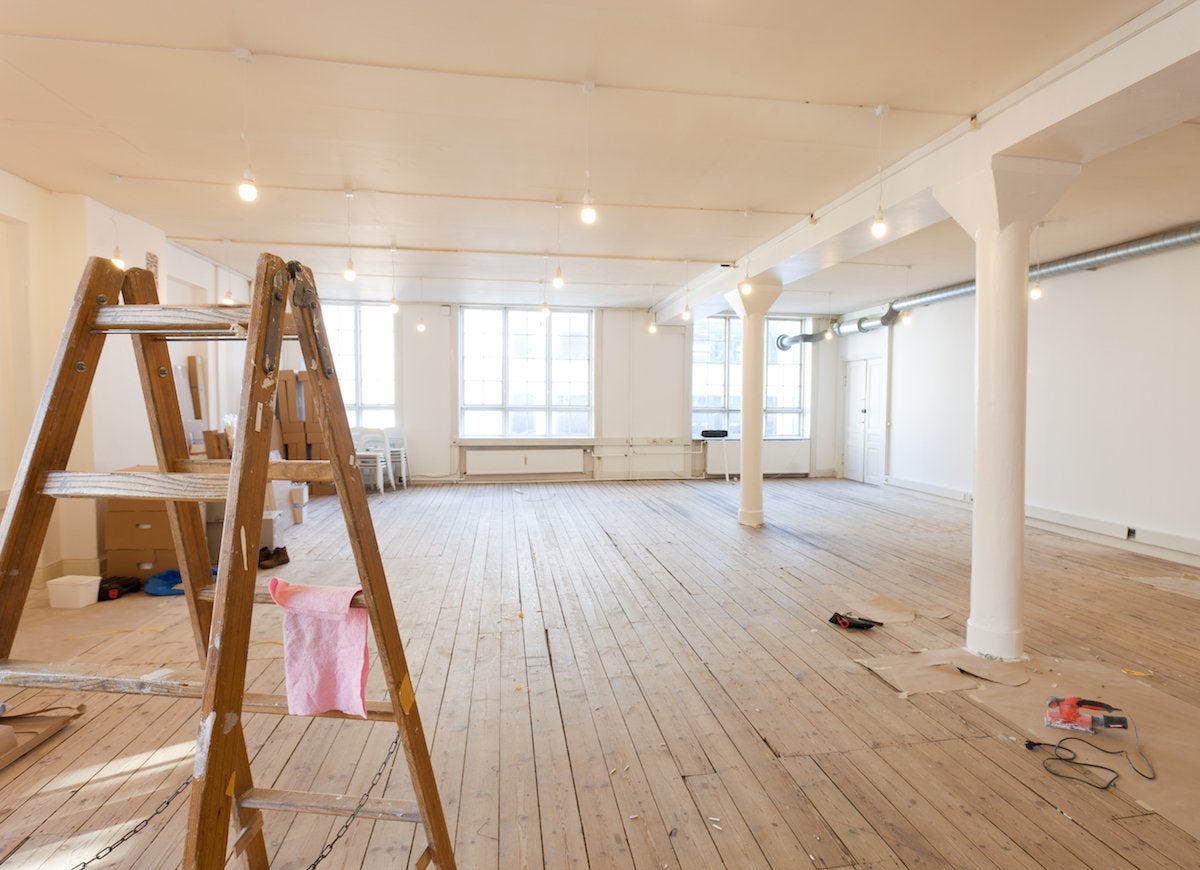
Creating open-plan rooms is a renovator’s favorite way to modernize an old home—but that’s not necessarily possible in many houses. Such factors as construction materials, the site and landscaping, support beams, and plumbing lines will limit you—unless you’re planning to do a total tear-down or pay through the roof for more substantial renovations. And if you’re looking at an older home or in a neighborhood with historical significance, beware: There may be deed restrictions or other limitations on what you can do to alter the look of the house.
No renovation gets done in two weeks.
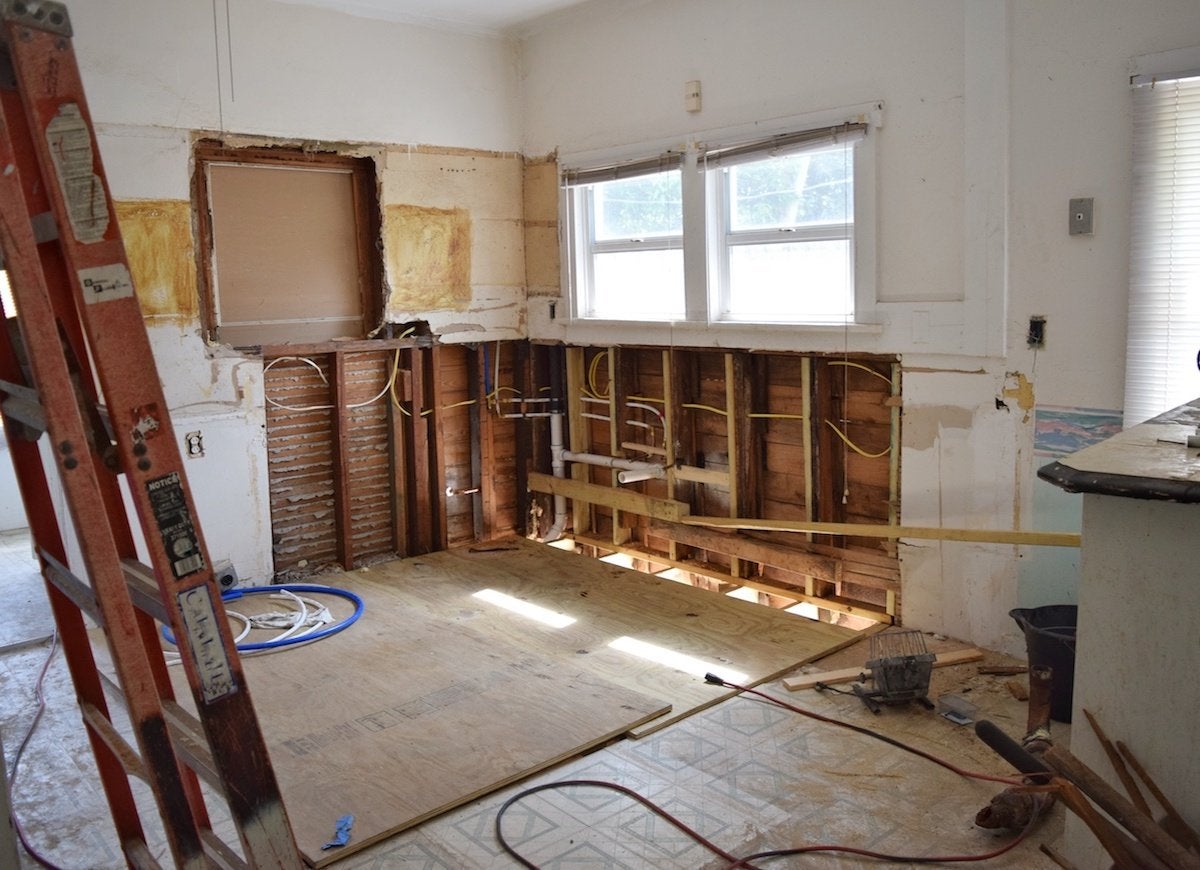
Even with all the drama, those home makeover shows make it seem like renovations happen overnight, but that’s just good editing—the average home renovation actually takes four to eight months. (Really, that’s okay: Rushed renovations could mean you’re getting lower-quality work.) And while the initial demo can happen quickly and dramatically, there are all sorts of TV-unworthy things that have to happen between tearing out walls and adding that final coat of paint, such as installing electricity and shoring up plumbing. So, while it may look like nothing’s happening for weeks on end, be confident that your team is doing important work behind the scenes!
No contractor works around the clock.
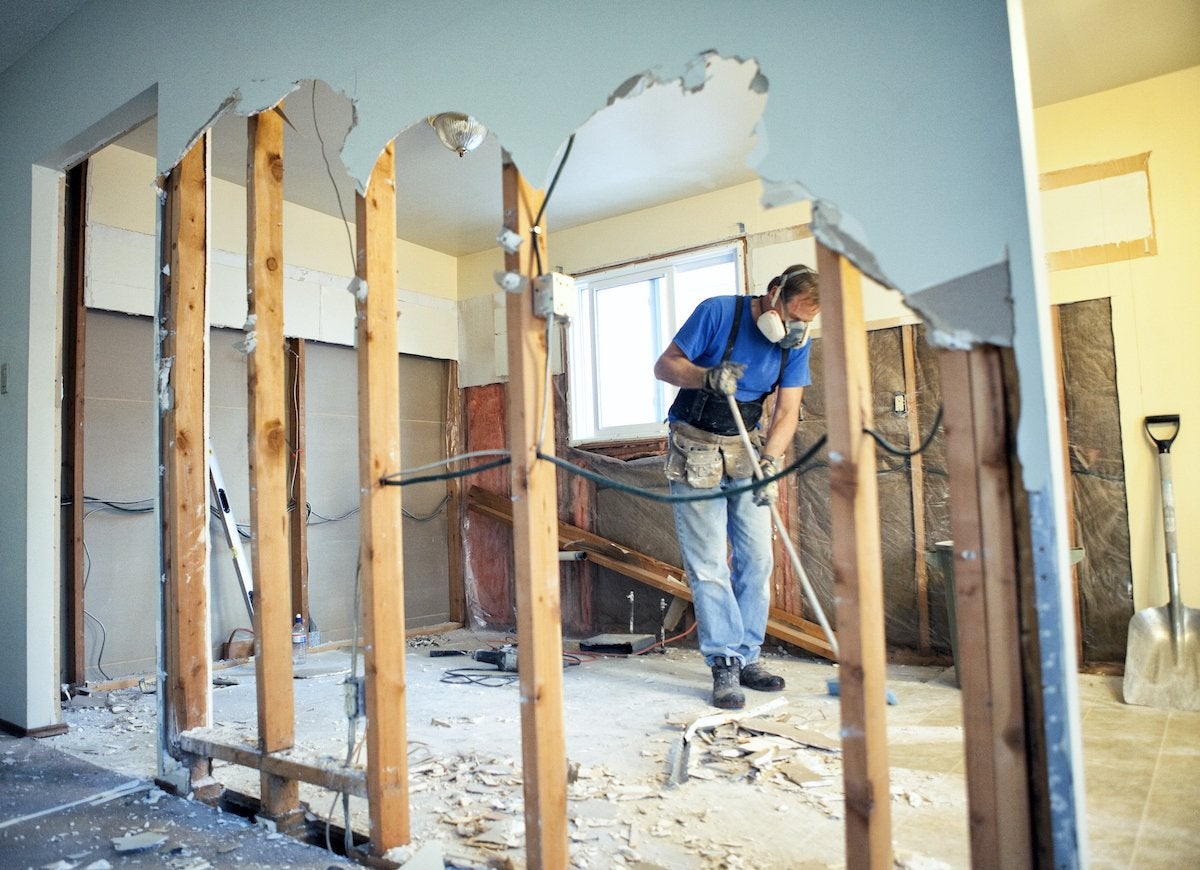
In most states, regulations prevent residential construction from happening beyond certain hours of the day, and unions and labor laws can prevent workers from logging more than a 40-hour week. You should be grateful for this: You really don’t want tired workers to make disastrous or costly construction mistakes!
A longer timeline may actually be a good thing.
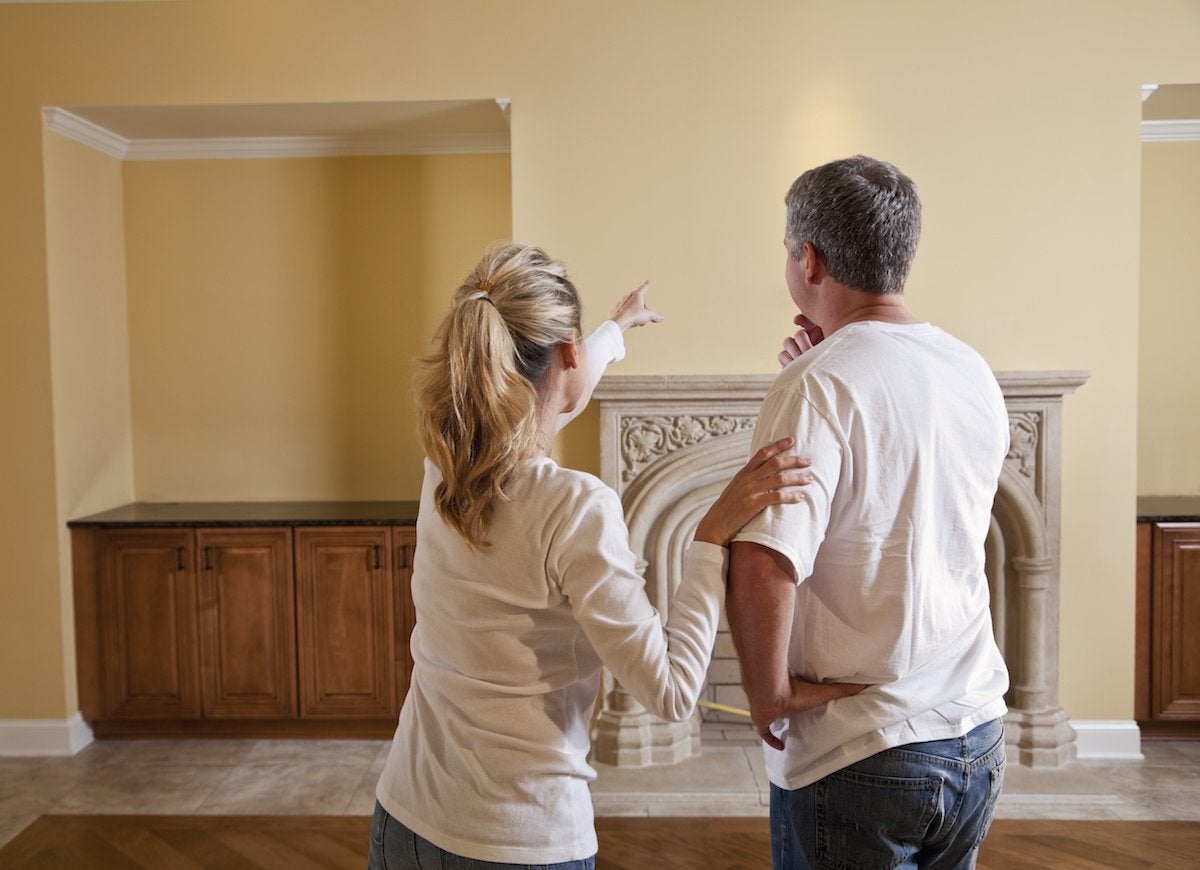
Makeover shows are all about the big reveal, but in real life, there are major benefits to living with a new home as-is before you start knocking down walls. Waiting to renovate can give you an opportunity to save for projects so you don’t end up heavily in debt. Plus, after living with the original layout of your home for a few months (or years), you may find that you actually like features that you initially thought needed to go. Unless a home requires gut work just to be habitable, take a step back and wait before tearing up the place.
Those renovations may keep costing you.

Not all renovations are a one-time cost: Be mindful of the fact that if you add on to your home, you could also be adding considerably to your heating, cooling, and electricity bills. When you’re in the process of buying a home, be sure to look at estimates for the utilities, taxes, landscaping, and homeowners association fees—and be aware that renovations you make can affect these costs. So, before you decide you need heated floors and a swimming pool, do the math to figure out what it will take to keep them up and running!
You’re not really going to flip.

Even though it’s fun to talk about flipping a house—renovating it yourself to resell it within a year—those kinds of jobs are not for the faint of heart… or weak of wallet! You may love to DIY, but there’s a big difference between tinkering around your own home and remodeling with the goal of making money. Besides the super-high out-of-pocket expense (even if you get a loan for the house and renovations, you’ll still need to to plunk down some cash), there will be the stress and time investment of months spent overseeing the renovation with no guarantee that you’ll make your cash back. In short: Do your research and don’t expect this to be a quick-cash play.
You’ll never be done.
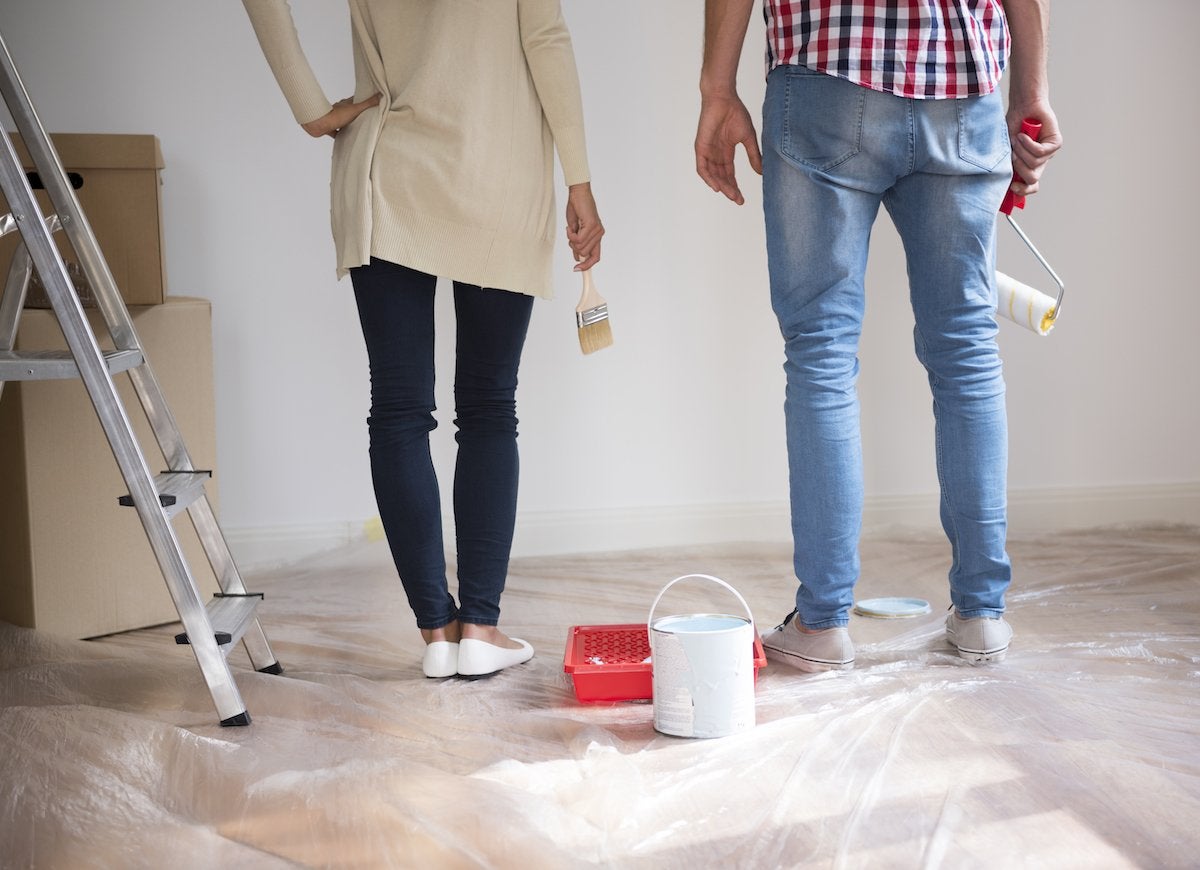
When you’re looking at the same house every day, you’ll always find room for improvement! The moment the contractor walks out, you’ll notice how shabby your old furniture looks next to those new finishes. As the years pass, your life will change—hello, twins, or welcome home, adult kids!—driving home the fact that perfecting your home is an ongoing process and a constant investment. And that’s part of the fun! Keep feeding money into savings to ensure that you’ll be able to fine-tune your home as your life evolves.

Meet the 2025 Tools of the Year
After months of scouring the market and putting products through their paces, we’ve named the best of the best in new tools. There’s something for everyone, from veteran pros to average Joes.